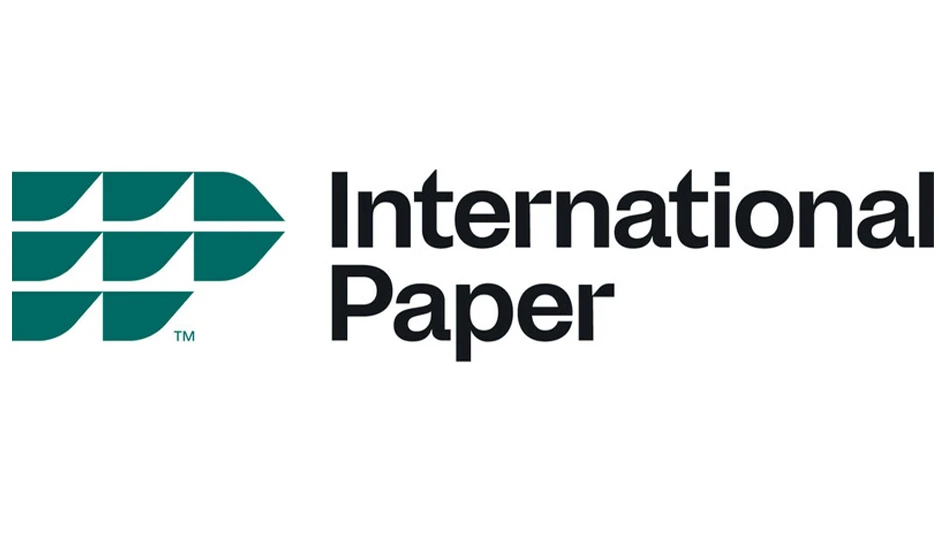
The Institute of Scrap Recycling Industries Inc. (ISRI), Washington, D.C., has welcomed what it describes as the “first comprehensive study on the scope of the used electronic products (UEP) market and the destinations of exported UEPs,” with the recent release of the U.S. International Trade Commission’s (ITC) report “Used Electronic Products: An Examination of U.S. Exports.”
Completed at the request of U.S. Trade Representative, Ambassador Ron Kirk, the report is based on data collected through a nationwide survey of 5,200 refurbishers, recyclers, brokers, information technology asset managers and other UEP handlers. The report looks at electronic equipment and component parts of these used products in 2011.
The ITC report reveals that in 2011, U.S. collectors and processors reported $20.6 billion in sales of UEPs, of which 7 percent ($1.45 billion) were exports. Domestically, refurbished UEPs made up the bulk of sales ($15 billion) with commodity-grade scrap produced from the disassembling/recycling of UEPs accounting for $4.3 billion in sales. Exports accounted for $1 billion in sales of refurbished UEPs and $439 million in recycled material. According to the study, despite longstanding anecdotal accounts to the contrary, 88 percent of all UEPs exported as repaired/refurbished are sent “tested and working.” Only a small share of U.S. exports, less than 1 percent (0.8 percent), is sent overseas for disposal.
“Having this credible report from a neutral government entity using a proven survey methodology provides the electronics recycling and refurbishing industry, its many stakeholders, and policymakers with valuable hard data,” says Robin Wiener, president of ISRI.
The United States is the world’s largest market for electronics, thus generating large quantities of used electronic products each year. These products are collected from both consumers and businesses, evaluated for their value and then classified as working electronic products and parts to be refurbished and resold or as nonworking goods to be recycled into scrap commodities either in the United States or abroad. Commodity metals, plastics and glass are used as raw materials in manufacturing processes, and circuit boards are sent to smelting facilities to recover gold and other precious metals.
U.S. Environmental Protection Agency (EPA) estimates suggest that only 25 percent of available UEPs in the U.S. are recycled, most still remain in our homes or are sent to landfills. This is despite the fact that the consumer market is the largest market for new electronic products. ISRI says it believes that increasing the collection of used consumer electronic products presents an untapped opportunity to increase the supply of UEPs into the recycling stream in an environmentally responsible manner.
“The release of this report and its findings present a real opportunity to build public awareness and education around the safe and secure recycling of consumer electronics across the country,” Wiener says. “We all have or know someone who has used electronic products gathering dust at home. These products have the potential to be put to good use either in the form of a refurbished product, potentially helping an underserved community here or abroad, or having its parts recycled and used for the manufacture of another product, saving natural resources in the process.”
ISRI represents more than 1,700 companies in 21 chapters nationwide that process, broker and industrially consume scrap commodities, including metals, paper, plastics, glass, rubber, electronics and textiles. The association provides education, advocacy and compliance training and promotes public awareness of the role recycling plays in the U.S. economy, global trade, the environment and sustainable development.
Latest from Recycling Today
- Stadler equips Spanish MRF
- SSAB finishes 2025 with decreased revenue
- Vecoplan appoints CFO
- Aurubis raises full-year forecast
- Levitated Metals adds LIBS sorting technology
- Redwood Materials closes on $425M in Series E financing
- Updated: Wieland Chase expands northwest Ohio facility
- Recovered paper traders report lukewarm market





